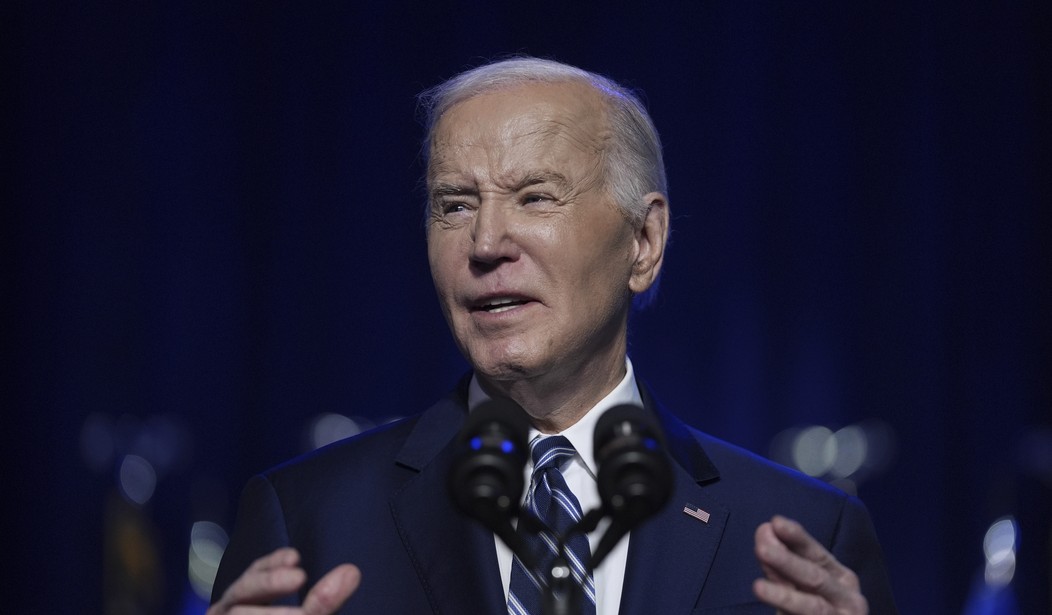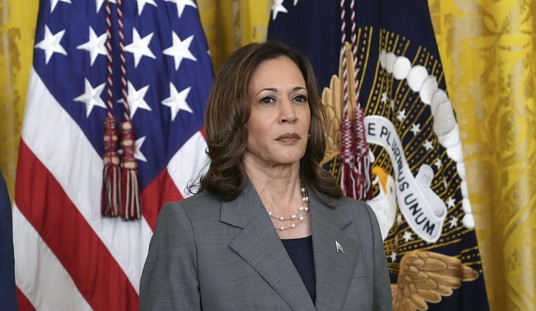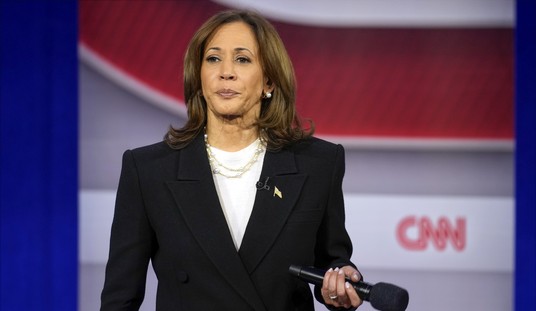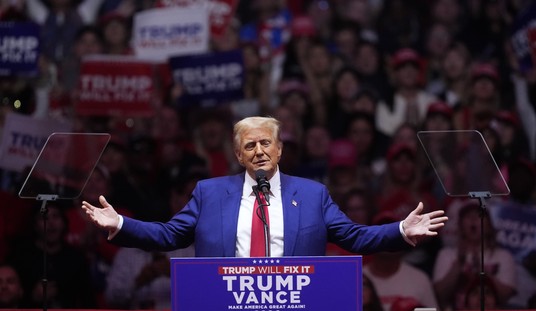The appearance of the phrase, “environmental justice,” in the Federal Register rarely bodes well for taxpayers, consumers, free markets, or good governance. Nonetheless, a quick search turns up 142 usages in President Joe Biden’s recently finalized regulatory updates pertaining to the National Environmental Policy Act (NEPA), the “Bipartisan Permitting Reform Implementation Rule.” This stone-dead canary in the ideological coal mine represents accurately the quality of the rest of the rule.
The new policy qualifies as “bipartisan” only in its statutory inception — from which its actual policies stray far. The product of the Fiscal Responsibility Act of 2023’s modest NEPA reforms, Biden’s rule contorts a congressional compromise to effect highly controversial environmentalist ends. These are ends that aren’t even supported by all Democrats. In fact, the loudest congressional opposition thus far has emanated from a Democrat — Sen. Joe Manchin (D-W. Va.). “All the White House had to do was implement the commonsense, bipartisan permitting reforms in the Fiscal Responsibility Act, that all sides agreed upon, but once again they’ve disregarded the deal that was made, the intent of the law that was signed, and are instead corrupting it with their own radical agenda,” Manchin said.
Manchin — a progressive, but one who rejects anti-fossil-fuel orthodoxy — has good cause to worry. Biden’s NEPA reforms transmute environmental review, which ought to be a limited tool to assess the direct impacts of infrastructure builds, into an ideological vice, squeezing traditional energy production. The new rule instructs regulators to investigate projects’ future potential to generate emissions, disfavoring projects such as natural-gas pipelines whose operations could — in the environmentalist view, at least — exacerbate climate change. Moreover, regulators must present “reasonable alternatives” that would — again, in their view — mitigate environmental risks. Whether their suggestions will, in fact, be “reasonable” remains doubtful. As The Wall Street Journal editorial board sums it up, “Fossil-fuel projects can be rejected if agencies decree that renewable alternatives are better for the climate.”
Recommended
Simultaneously, the new rule provides more accessible “categorical exclusions” to clean-energy and other Biden-favored (and taxpayer-funded) projects. The White House lists beneficiaries as, “clean energy, transmission, clean water, high-speed internet, semiconductor manufacturing, and other crucial infrastructure.” Any even moderately attentive observer will recognize this as a catalogue of the greatest hits of Biden’s hallmark infrastructure subsidies. That is, the president has hamstrung the economically critical fossil-fuel industry to boost his pet political projects. . It’s green-hued cronyism at its rankest.
To further “environmental justice” — which “include[es] delivering the benefits of Federal investments to disadvantaged communities” — regulators must incorporate disadvantaged communities’ input in their calculations, the rule says. Given particular privilege is “Indigenous Knowledge.” According to the federal Advisory Council on Historic Preservation, “Indigenous Knowledge is a body of observations, oral and written knowledge, innovations, practices, and beliefs developed by…Indigenous Peoples.” It “is a valid, sound, and self-supporting source of information and is an aspect of the best available science. It does not require verification by any other knowledge system to inform federal decision making in historic preservation.”
Of course, the traditions and historical sites of all cultures deserve consideration — particularly in a pluralistic republic. America constructed its constitutional system to favor local control and the protection of the rights of minorities. But Biden goes too far. He has implemented an It-Takes-a-Village approach to permitting, one that improperly privileges factional interests at the expense of sound economics and property rights. Moreover, benign-sounding calls for such things as “community engagement” too often (albeit thinly) shroud politicized attempts to promote whatever proposals the government already favored — environmentalist ones, in this case.
Lest the American people mistake the White House’s policies for a good-faith attempt to reform permitting for the common good, administration officials made clear their intent to exploit NEPA in furtherance of a command economy. Rightly understood, permitting reviews do not plan — they merely, well, permit. Their purpose is not to prescribe good economic outcomes but to prevent environmental harms. They facilitate the private planning of private actors, ensuring businesspeople do not foist externalities on their fellow citizens.
However, in the words of Brenda Mallory, chair of the White House Council on Environmental Quality, the administration intends its new reforms to “mak[e] sure we build projects in the right places.” Of course, “right places” can, and probably will be, subjective. As put by White House deputy chief of staff Natalie Quillian, “We are working…to make sure our approach to permitting…benefits communities, families, and our economy.”
Worse still, technology-neutral permitting reform remains critical — a fact recognized by members of both parties. Under NEPA’s current bloat, no project can efficiently navigate the necessary bureaucracy. Reviews often routinely last for years and impose excessive paperwork burdens. This sort of regulatory morass disadvantages traditional and clean-energy projects.
Joe Biden has done little to ameliorate these underlying systemic ills, choosing instead to focus on centrally planning his dreamed-of environmentalist future. With billions of dollars at stake, this brand of environmental justice means no justice for taxpayers, consumers, or businesses.
David B. McGarry is a policy analyst at the Taxpayers Protection Alliance.

























Join the conversation as a VIP Member